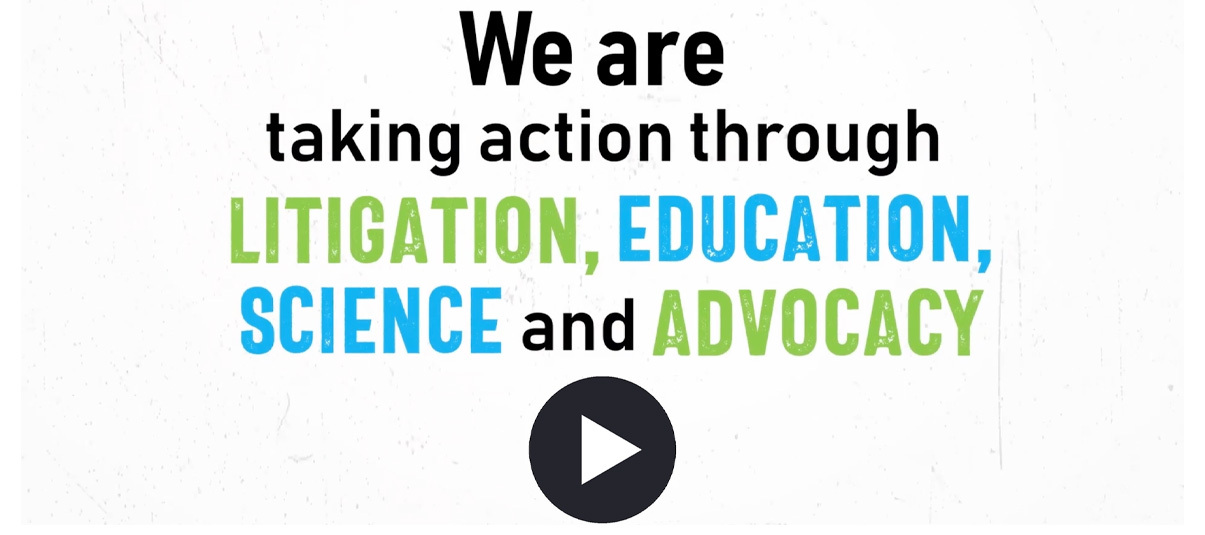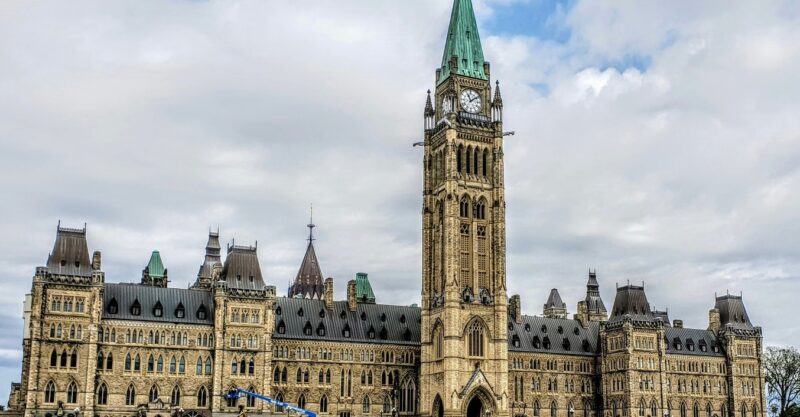Is Canada really a democracy, if lawmakers bypass the legislative process and elected officials represent their party interests, instead of constituents?

By: Christine Colebeck
Canada’s 3 Branches of Federal Government
The Monarch (King of England) is the Head of State and is supposed to have no political role
The Monarch is represented by the Governor General
| Legislative Branch | Executive Branch |
Judicial Branch
|
| Governor General
Represents the Monarch
|
||
| Parliament | Prime Minister is a Political figure and the head of government who leads cabinet. (Appointed by Governor General) | Supreme Court
(Judges Appointed by Prime Minister) |
| Senate-Appointed by Governor General on advice of PM
Refines legislation and introduces Bills. |
Cabinet (Ministers)
Selected by Prime Minister Appointed by Governor General |
Superior Courts
(Judges Appointed by Prime minster) |
| House of Commons–
All elected MP’s. They introduce Bills, are supposed to represent constituents but instead they represent party they belong to. |
Lower Courts and tribunals | |
Role of Governor General of Canada
- Governor General is Appointed by Monarch (King of England) on recommendation of Prime Minister.
- Governor General represents the Monarch
- All Federal Bills must receive Royal Assent from the Governor General, to become laws.
- Governor General Swears in the Prime Minister and his Cabinet.
- Governor General Prorogues Parliament.
- Dissolves Parliament (calls elections)
- Swears in Prime Minister.
- Reads Speech from throne.
- Grants Royal Assent when Bills become laws.
Role of Lieutenant Governor of Ontario
- In accordance with the Constitution Act 1867 the Lieutenant Governor of Ontario represents the Monarch (King of England)
- Chosen by the Prime Minister and appointed by the Governor General of Canada.
The Judicial Branch of Government: Who appoints the judges?
It is claimed that Judicial independence is a cornerstone of the Canadian judicial system and under the Constitution, the judiciary is separate from the other two branches of government, the executive and legislature. Judicial independence guarantees that judges will be able to make decisions free of influence. However; is it truly independent if the Prime Minister appoints the Supreme Court and Superior Court Judges?
The Provincial Government
Lieutenant Governor: In Accordance with the Constitution Act 1867, the Lieutenant Governor represents the Monarch (King of England) and is Chosen by the Prime Minister of Canada and is appointed by the Governor General of Canada.
The Attorney General is an elected Member of Provincial Parliament ( MPP ). They are chosen by the Premier and appointed by the Lieutenant Governor
Ontario 3 Branches of Provincial Government
| Legislative Branch | Executive Branch | Judicial Branch |
| Queens Park | Lieutenant Governor Represents the Monarch
Chosen by Prime Minister and appointed by Governor General |
The Court of Appeal for Ontario Judges are appointed by the Attorney General |
| Legislative assembly all elected MPP’s
They introduce Bills, are supposed to represent constituents but instead they represent party they belong to |
Premier Head of Provincial Government, leads the Cabinet ministers (appointed by Lieutenant Governor) | The Superior Court of Justice
Judges appointed By Attorney General |
| Executive council – Cabinet Ministers appointed by Lieutenant Governor on advice of Premier
|
The Ontario Court of Justice
Provincial judges are appointed by the Lieutenant Governor, on the recommendation of the attorney general. |
|
| The Attorney General of Ontario is an elected MPP, appointed by the Lieutenant Governor on the advice of the Premier. He is the chief legal adviser to His Majesty the King. The Attorney General is a senior member of the Cabinet and oversees the Ministry of the Attorney General – the department responsible for the oversight of the justice system in the province of Ontario.
Appoints Judges to Superior Court
|
Regulations by Lieutenant Governor of Ontario: Immunization of School Pupils Act (ISPA)
https://www.ontario.ca/laws/statute/90i01
17 (1) The Lieutenant Governor in Council may make regulations,
(a) prescribing any matter referred to in this Act as prescribed by the regulations;
(b) prescribing forms and providing for their use and requiring that statements of conscience or religious belief be in the form of affidavits;
(c) governing the custody, recording, inspection and destruction of records in respect of immunizations in relation to designated diseases;
(d) prescribing programs of immunization in respect of designated diseases, including specifying immunizing agents and the number and timing of dosages of immunizing agents;
(e) classifying children, pupils or persons and exempting any such class from any provision of this Act or the regulations and prescribing conditions to which such exemption shall be subject;
(f) requiring and governing reports by persons who operate schools to medical officers of health in respect of records and documentation related to the immunization of children applying for admission to the schools and pupils and former pupils in the schools;
(g) respecting any other matter that the Lieutenant Governor in Council considers necessary or advisable to carry out effectively the intent and purpose of this Act. R.S.O. 1990, c. I.1, s. 17.
Regulations by Minister
(2) The Minister of Health and Long-Term Care may make regulations prescribing designated diseases for the purposes of this Act. 2002, c. 18, Sched. I, s. 11 (4).
The Lieutenant Governor and Ontario Minister of Health totally bypass the legislative Branch
The Lieutenant Governor, is given the authority in the Immunization of School Pupils Act (This authority was voted in by the Ontario Members of Provincial Parliament (MPP’s) and ironically it is signed by the Lieutenant Governor) to change or amend the exemption affidavit, and prescribed form without any requirement of legislative input. Totally bypassing the legislative branch of government and the MPP’s that the constituents elected to represent them, (but actually represent their party)
The Minister of Health is given the authority in this ISPA (voted in by the Ontario MPP’s, signed by the Lieutenant Governor) to make regulations and prescribe diseases under this Act. Bypassing the legislative branch of government and the MPP’s that the constituents elected to represent them, (but actually represent their party)
In 2014 the Minister of Health amended the ISPA to add 3 more designated diseases under the Act. This means parents were required vaccine records for 3 more vaccines, or sign an exemption affidavit. https://www.ontario.ca/laws/regulation/130261
In 2017, the Lieutenant Governor amended the ISPA to add a 2 page prescribed form, that includes a self incriminating section on page 1, and an affidavit that compels parents to disclose private medical information, on page 2.
These changes resulted in many parents questioning the constitutional validity of the ISPA and decline to comply with providing private medical records or signed exemption requirements.
Parents guide to ISPA and Unlawful Suspensions:

